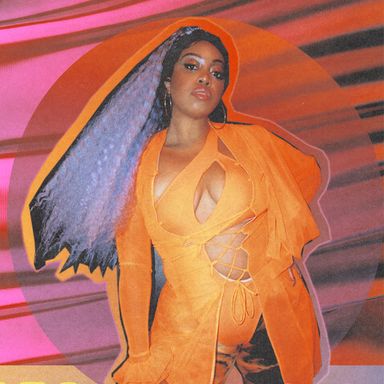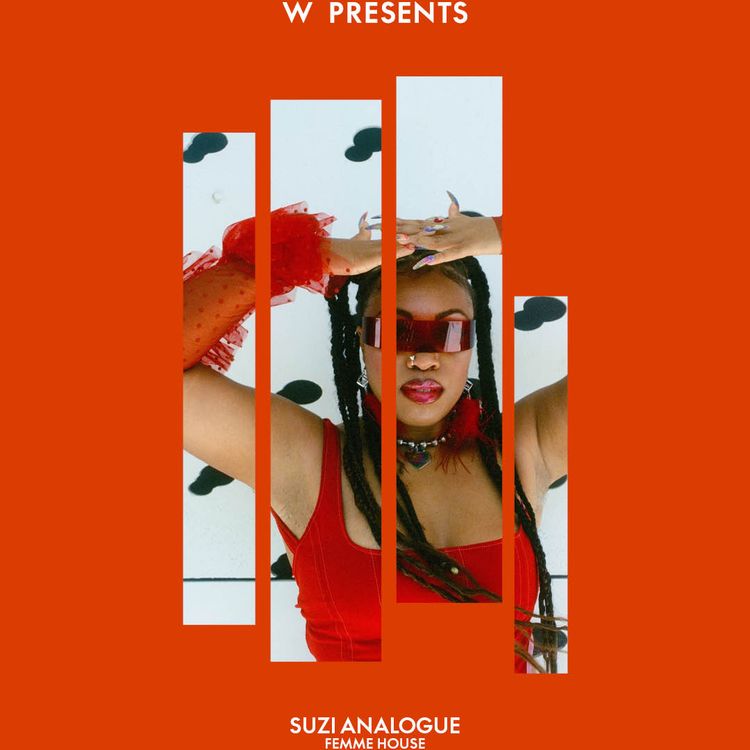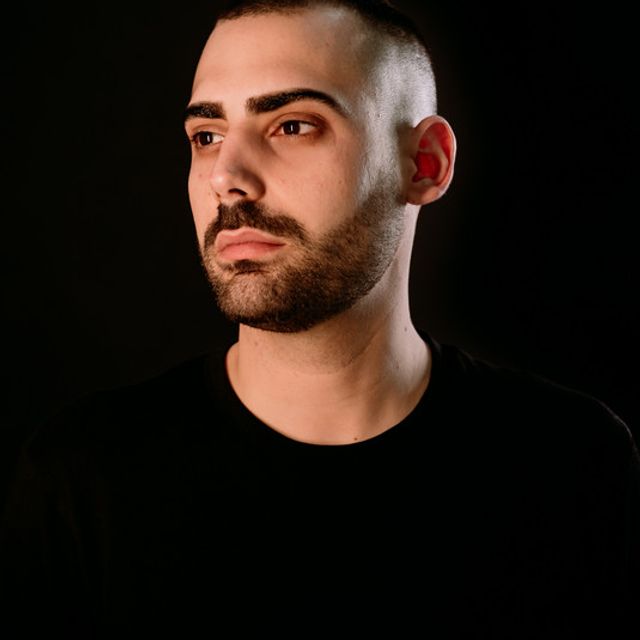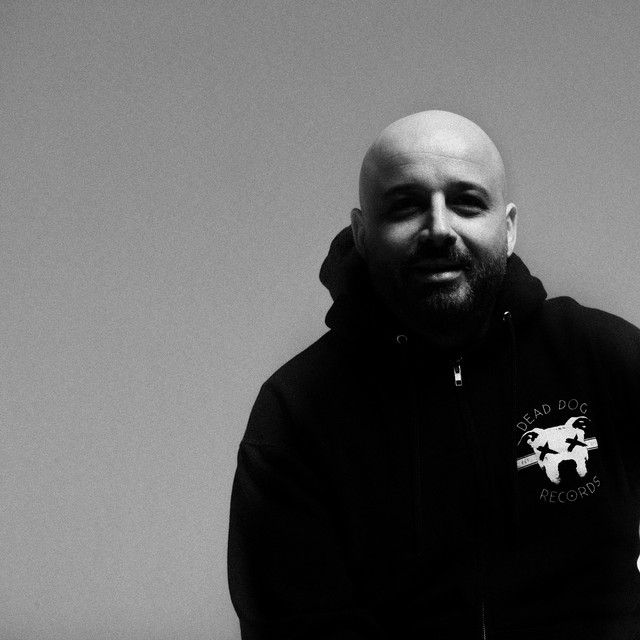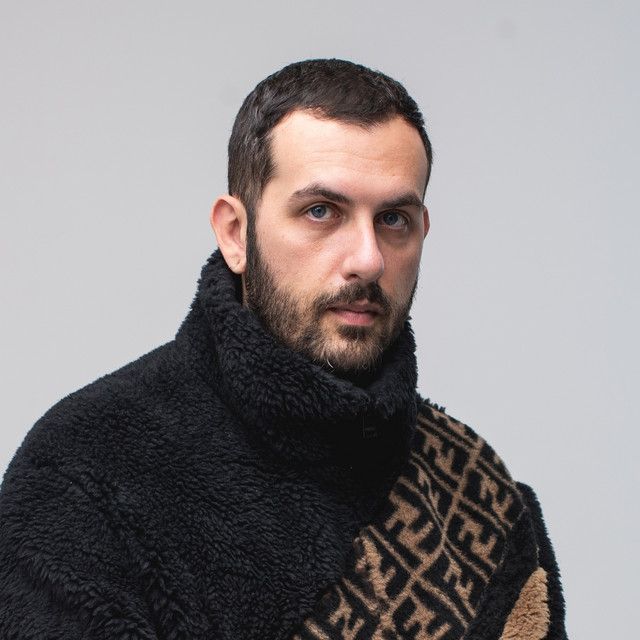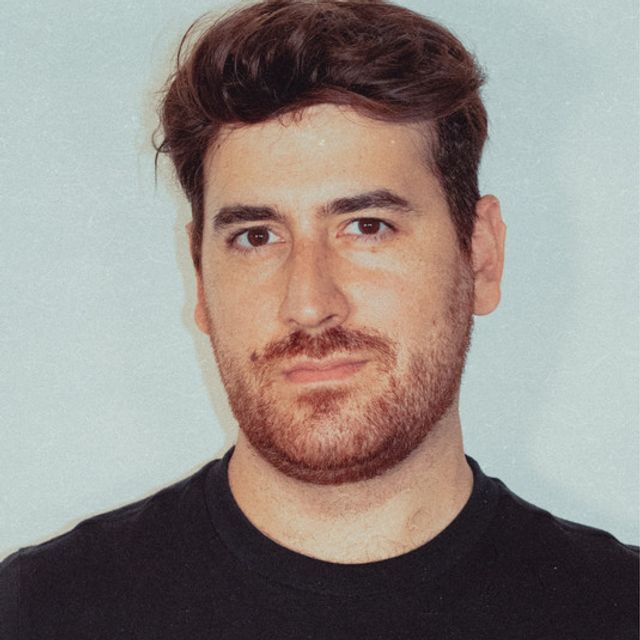Artist Spotlight
"Gukuba; this means it beats, it bangs, it claps back big," an echoing voice announces on the opening title track of the collab album between Never Normal Soundsystem and ANTI-MASS two heavy-hitting underground Black-run electronic music collectives from the U.S. and Uganda, respectively. (Gukuba comes from the indigenous Ugandan language, Luganda.) The collectives worked on GUKUBA virtually during the pandemic, building a diasporic sonic quilt as their countries faced political unrest. The expansive, experimental 16-track album was released on Suzi Analogue's (who also led and contributed to it) Never Normal Records on April 20. We caught up with Never Normal head honcho Suzi Analogue as she was on the go in her city of residence, Miami, to discuss the ambitious project and how it came together, her anthemic track "MAKE IT SHAKE" with Turkana and Queens D. Light, and how she first got connected with ANTI-MASS' Authentically Plastic. Suzi also takes us through her journey as a producer, creating an artist-focused label and community with Never Normal, and what she believes is essential for inclusivity in dance music. The seeds for the collab were first planted back in 2015 when Suzi did an audio production workshop sponsored by the U.S. State Department in Kampala, the capital of Uganda. She stayed in touch with her students, active members of the burgeoning electronic music scene there. She helped connect her with the organizers of Nyege Nyege Festival, which launched shortly after she left in 2015. When she returned to Kampala in 2019 for the fest and its month-long Pan-African residency, she forged deep connections with local electronic artists—including Authentically Plastic—fashion designers, and other local creatives. While in Kampala, Suzi kept running into Authentically Plastic, who was hosting their inclusive, queer electronic ANTI-MASS parties—which they'd launched the year prior. They quickly developed a friendship and explored the city and scene that Authentically Plastic is so vital to together. After Kampala, Suzi had plans to keep traveling internationally and was set to play in Brussels with some of the other Nyege Nyege artists. But the 2020 lockdown struck, so she reached out to Authentically Plastic about doing a collab project between their collectives in their newly acquired downtime. The ANTI-MASS members (including Turkana and Nsasi) chose Never Normal artists to work with and spent the next year collabing. It was important for Suzi not to rush the process, so they could do it on their terms and really connect with the project. "As Afro-Indigenous and diasporic artists, we always—especially in a commercial sense—have this expectation to rush our work. Because it was our own project, I made sure that I embedded this process to not have anyone feel rushed," Suzi explains. Yet the connections among the artists happened swiftly, as they all found common ground as Black artists committed to underground electronic music. They tapped into their sonic wheelhouses and pushed boundaries, exploring a wide range of Afro-diasporic electronic sounds on GUKABA. As Suzi explains, Chicago house greatly influences Never Normal, specifically footwork and juke. GUKABA also incorporates techno, the frenetic singeli music from Tanzania, and their electronic interpolation of traditional Ugandan wedding songs known as Acholi. "We were dedicated to making these maps of sound. There's a lot of sonic stories, with interludes from found sounds from each of our environments," Suzi explains. And as they forged connections across borders, cultures, genres, and scenes, the result is a cohesive, eclectic, experimental, and energetic quilt that, together, is something wholly new. "[Working on GUKABA] confirmed to me that it's societally imposed that we're divided. Everyone worked together so smoothly." "This project is a testament to true electronic music by any means. We talk about electronic music like it's just a sound, but it is an artform and it really relies on electricity. So, for anyone who makes it globally, especially outside of the American power grid, it really is a true labor of love… We take electronic music kind of for granted." Besides managing the project and releasing it on her label, Suzi also contributed to the intro track (with Nsasi) and the banging eighth one, "MAKE IT SHAKE," with Turkana and Queens D. Light. The latter has an infectious mantra-like hook, written and rapped by Oakland's own D. Light: "Baby you good, baby you great. When life is ass, then make it shake." As Suzi explains, a core element of its instrumental is the West African shekere, an instrument made from a dried gourd that you shake. After Suzi worked from the stems that Turkana sent over, she shared it with Queens D. Light while visiting her hometown of Oakland. (They also shot the super fun music video there.) "She's such an intentional rapper and writer and is always saying lines that are very enlightening and uplifting," she says with a smile. "The verse is so perfect. We've performed it together a couple of times so far, and it's just so fire every time to see people react to it. I've been hearing people say it's their summer anthem." She reveals that the duo has another song they worked on together and that they hope to do a complete project together. In 2014, the "Super Smooth" producer started Never Normal Records with the desire to create an artist-centric label where they could make the music they wanted to make. She knew she had the skills and experience to support fellow artists in their goals as an experienced underground, independent artist—"but to do that outside the gaze of the traditional music industry." "I know how to make things hot!" she proclaims with a laugh. As she and Never Normal spread more sonic fires, she realized she wanted to focus her efforts on supporting her community of fellow Black electronic artists. "Over the years, I realized I wanted to help out my community, coming from an Afro-Indigenous perspective, and seeing that electronic music is so segregated in this country. I started to shape it into a meeting place for Black, Afro-diasporic music technologists because I realized there's no label that really—I have contemporaries, and I have friends who have labels—is for Black electronic artists. And it's so important to do that from a Black perspective, specifically me coming from a Black femme and a Black queer perspective. That's even more important. That's the tradition. I knew that I wanted Never Normal to represent the traditions of what I always knew was Black music; house music, techno, jungle, drum 'n bass. I was always coming from this informed perspective that innovation is my musical heritage. And I wanted to have a label that represented innovators." Even though she's been singing for most of her life and started producing when she was just 15, she explains It took bravery to call herself a producer. She points out that there have always been women producers, but they weren't always encouraged to call themselves that. So with Never Normal, she claims her role as a producer and community leader supporting others with the tools and confidence to do so. "I was always elevated by my community to participate in music from a very young age," she notes when discussing her musical journey. "Never Normal Soundsystem is a community. It's very important for me to show people that community can support you and it doesn't always have to come from a commercial standpoint… Our community and collective encourages people to do their thing and support each other and ask each other questions, and play each other's music." When I asked her what the dance music community can do better to create safe spaces and equity in dance music, she underscores that we need more queer and Black-owned venues. Having ownership over a space lends to different results and power dynamics than doing pop-ups. It also allows the space to be used for impactful programming beyond the party, with workshops and the like that benefit the community. Suzi's proudest Never Normal moments include GUKABA and all the projects she's helped bring to life. She takes the successes of artists she works with to heart. "Every time I'm able to get an artist a feature or covered by SoundCloud—any win is a big win because we're completely independent and Black-owned… It's important that the work we do helps artists be able to see themselves in the context of the 'music industry.' That is a challenge, especially when you're Black, especially when you're queer, to even feel seen at all. So to see artists start to feel seen and then [see what] they do with that, those are high achievements' for me."
